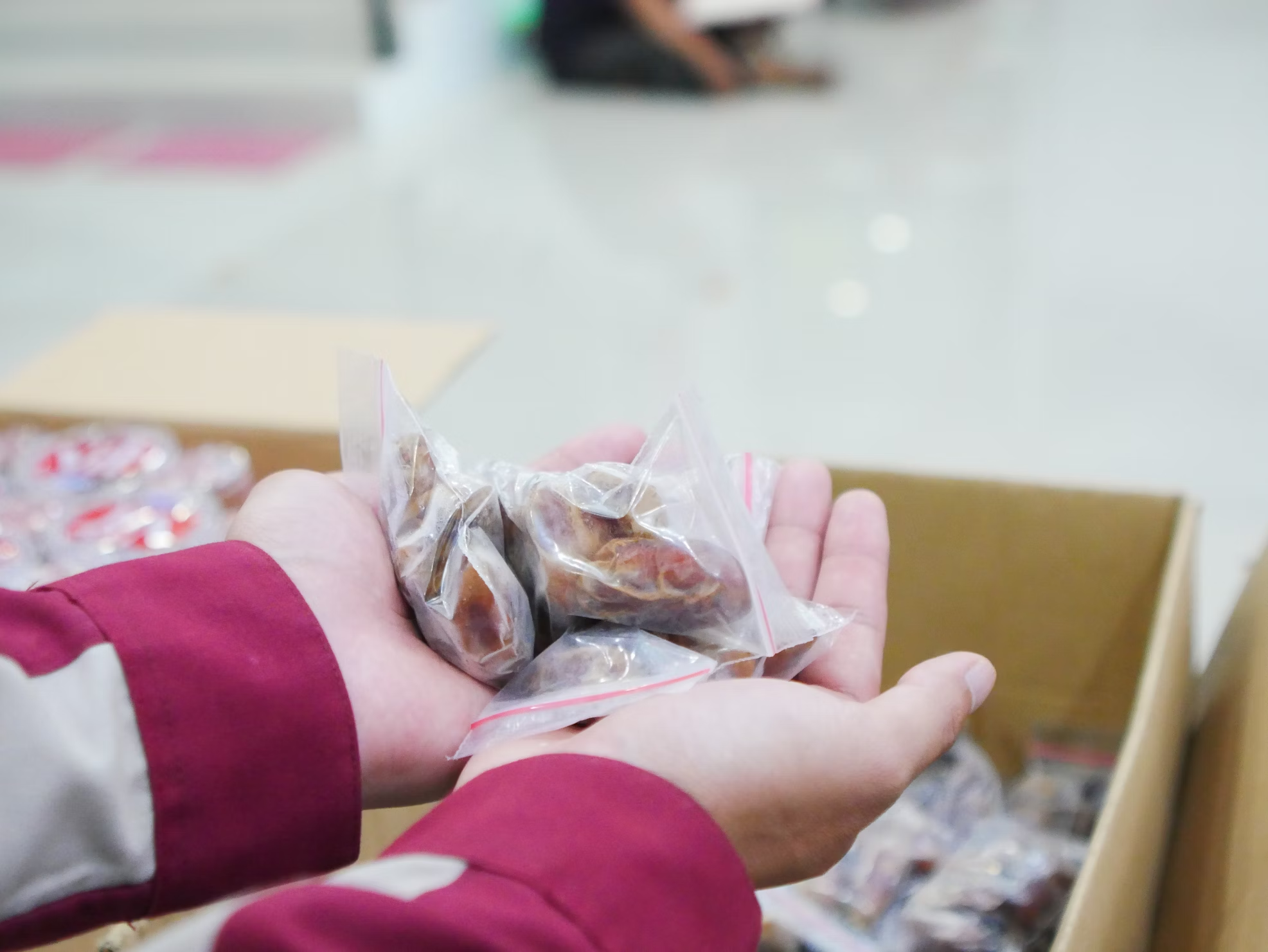
Venison donation is more than just sharing meat—it’s a powerful act of kindness that helps feed families, supports community programs, and reduces food insecurity. For hunters, donating venison offers a meaningful way to turn a successful hunt into a gift that benefits others. This article explores how venison donations impact communities, the process involved, and why your contribution truly matters.
Addressing Food Insecurity in Communities
Across many regions, food insecurity remains a persistent issue. Numerous families struggle to access enough nutritious food and incredibly lean protein sources. Venison donations play a critical role in bridging this gap by providing a healthy, natural source of protein to those who might otherwise go without it.
Wild venison is leaner, often healthier than many store-bought meats, and rich in essential nutrients like iron and vitamin B12. When hunters donate their harvested deer, local food banks and charitable organizations distribute the meat to food pantries, soup kitchens, and community programs. This helps nourish individuals and families and promotes better health outcomes for those facing food insecurity.
Supporting Local Charities and Food Banks
Venison donations directly impact local charities and food banks that serve vulnerable populations. Many organizations rely on donated game meat to supplement their food supplies, especially in rural or underserved areas with limited fresh meat options.
By donating venison, hunters provide a valuable resource for charities to offer balanced meals. These organizations often process and package the meat in portions suitable for families, ensuring it can be safely stored and easily distributed. This support strengthens the ability of food programs to meet increasing demands, particularly during economic downturns or emergencies.
The Process: From Field to Table
The journey of donated venison from the hunter’s field to the dinner table involves several essential steps to ensure safety and quality. Typically, hunters volunteer to donate their deer to local venison donation programs. Once the deer is harvested, it must be adequately field-dressed and transported to a processing facility approved by health authorities.
Professional processors then clean, butcher, and package the venison under sanitary conditions. These facilities comply with food safety standards to ensure the meat is safe for consumption. After processing, the meat is distributed to food banks or charitable organizations.
Hunters often work closely with these programs to coordinate donations and may receive tax deductions for their contributions, making it a rewarding experience in multiple ways.
Environmental and Ethical Benefits
Donating venison also contributes to sustainable hunting practices and ethical stewardship of wildlife. Instead of wasting harvested animals, donations maximize the use of natural resources. This responsible approach helps maintain ecological balance and supports conservation efforts.
Additionally, venison donation reduces reliance on industrial meat production, often involving significant environmental costs such as greenhouse gas emissions and water usage. By sharing wild game meat, communities benefit from a more environmentally friendly protein source.
Building Community Connections and Awareness
Venison donations foster a sense of community among hunters, food banks, and recipients. They also raise awareness about the realities of hunger and encourage more people to get involved in giving back.
Hunters often take pride in knowing their efforts provide more than personal satisfaction—they support neighbors and local families. These programs can inspire educational outreach, promoting safe hunting practices and responsible meat handling.
Encouraging More Donations
Despite the many benefits, venison donation is still underutilized in some areas. Increasing awareness and participation can expand the reach of these programs. Hunters can connect with local wildlife agencies or charitable groups to learn about donation opportunities.
By sharing their stories and experiences, hunters help spread the message about the positive impact of venison donations. Communities, in turn, can better support food programs and reduce hunger through these contributions.
Your venison donation does more than feed hungry families—it strengthens community bonds, promotes sustainability, and honors the tradition of hunting meaningfully. Every deer donated transforms into a gift of nourishment and hope for someone in need. If you are a hunter, consider making your next harvest count beyond the field by donating venison and making a real difference.